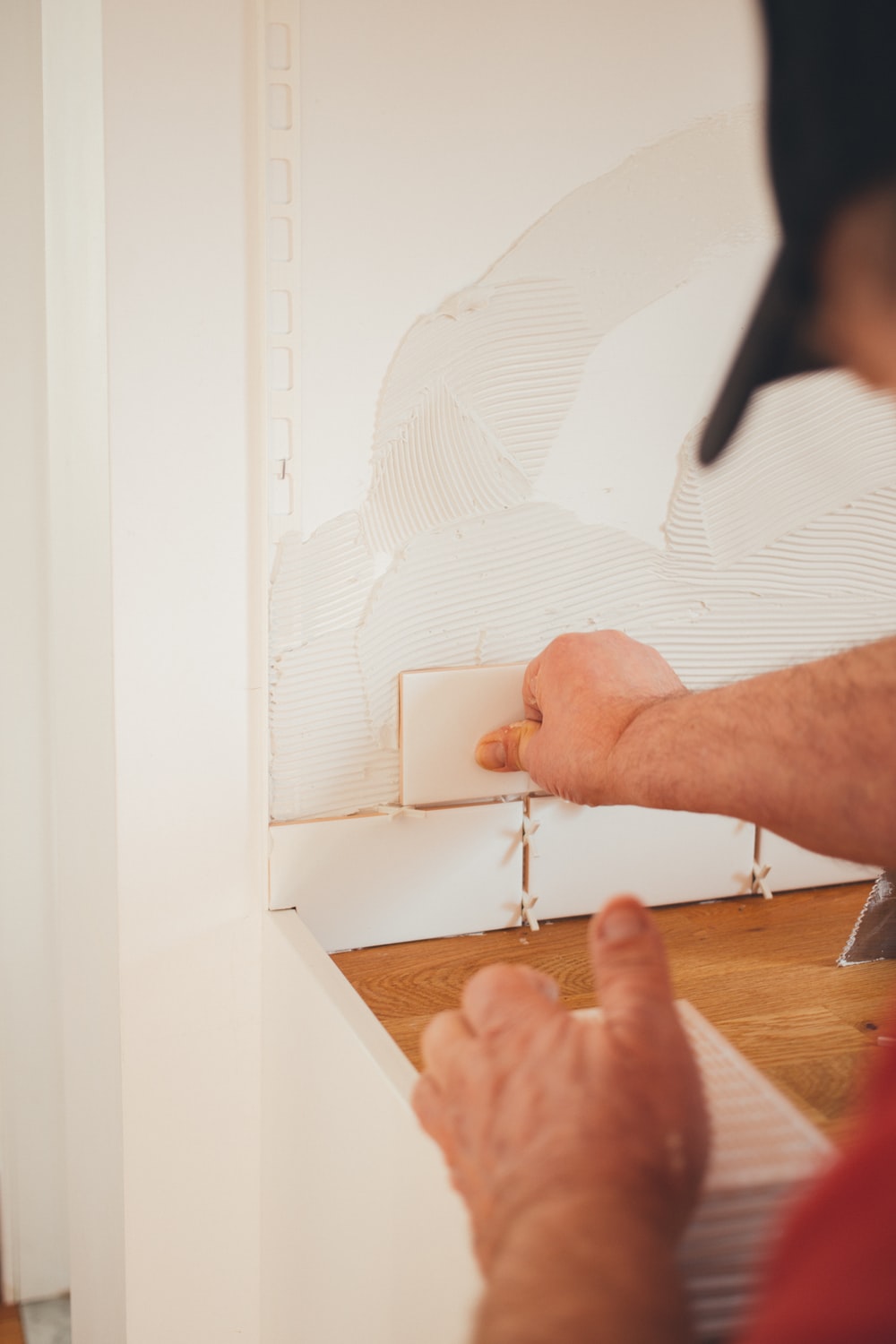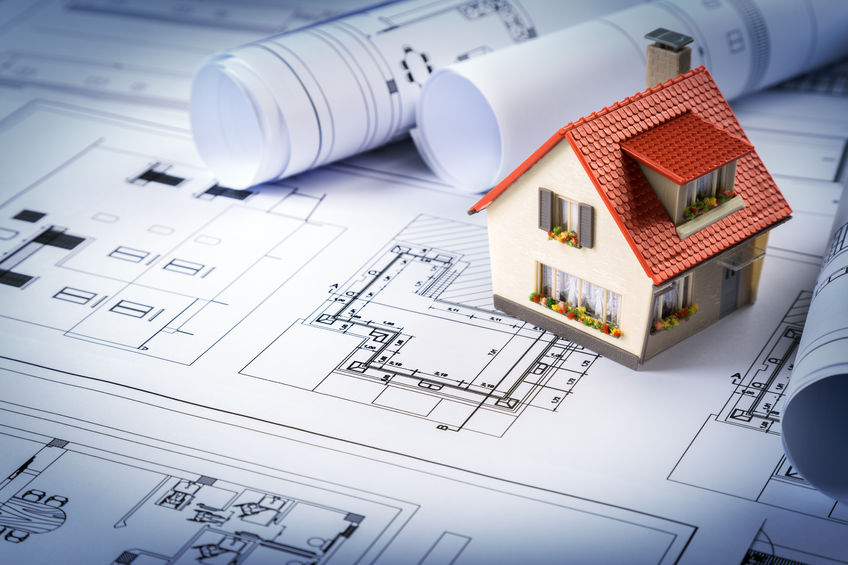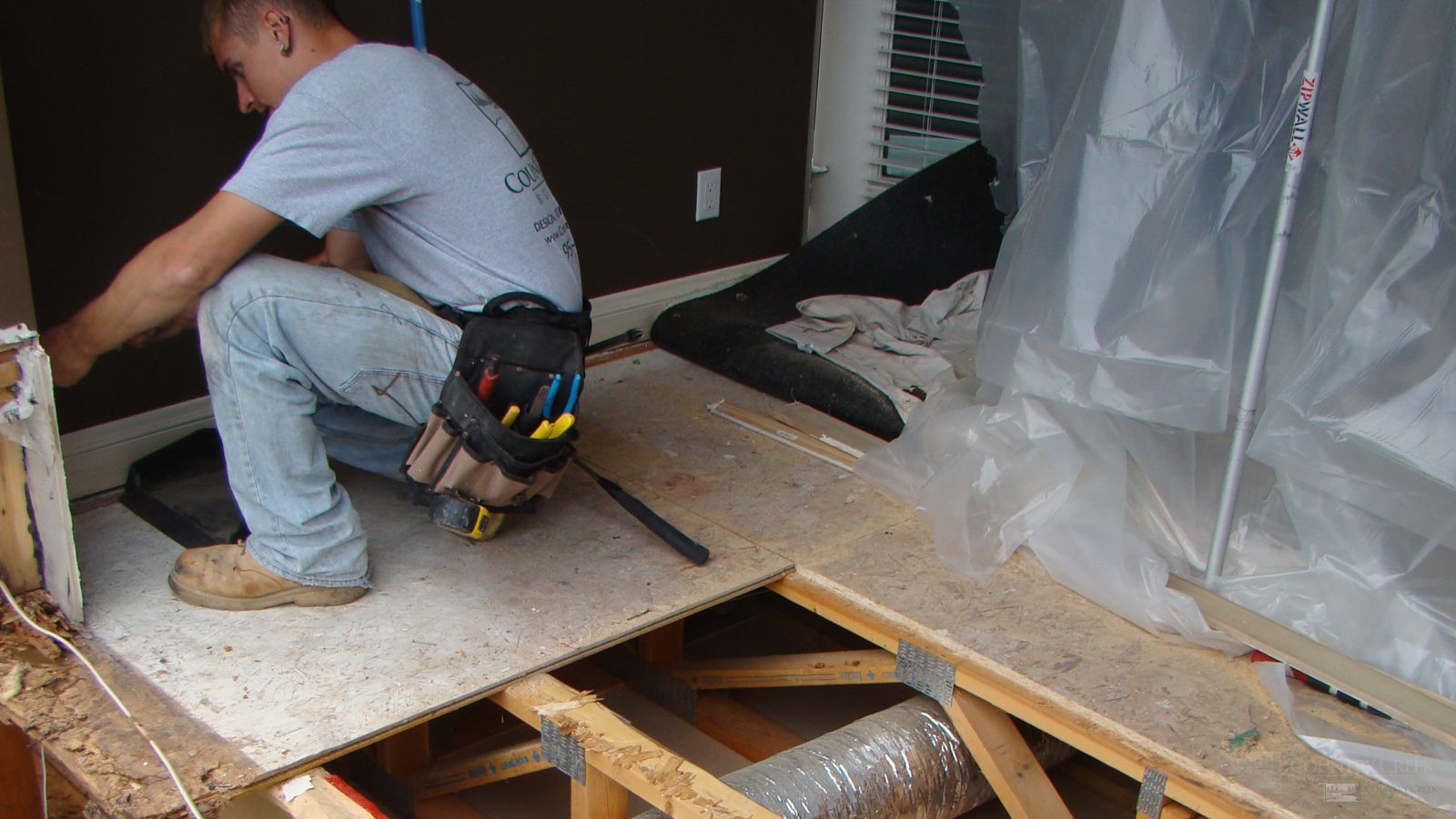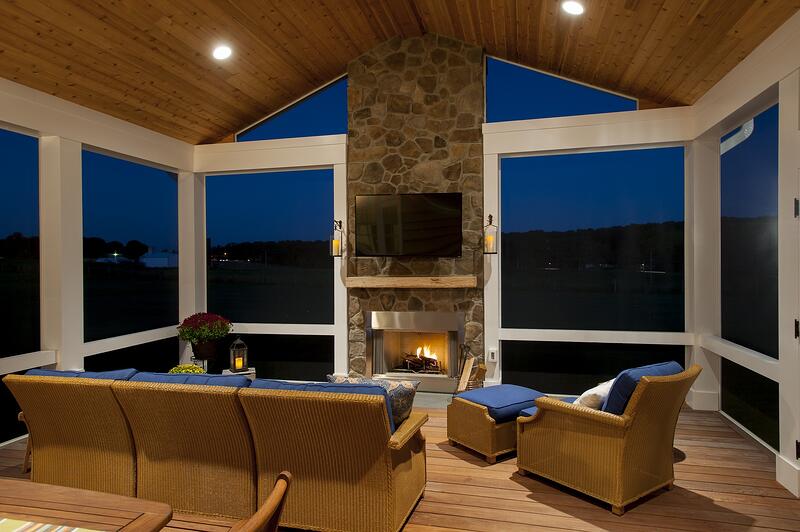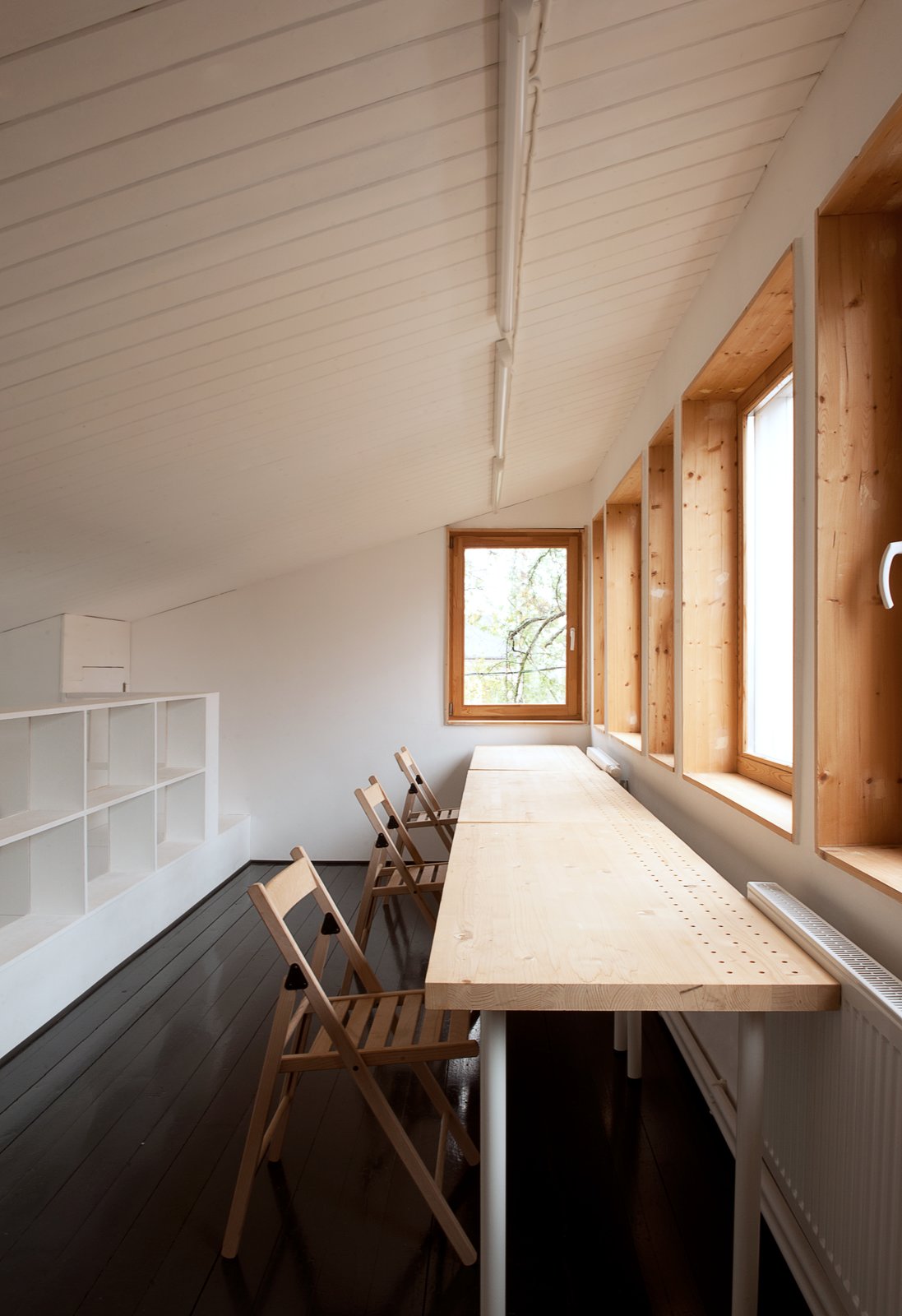Services At Builder Guider
our goal is to bridge the connection between the New Home Construction Community and local Brokers and agents to increase sales and Broker/Agent participation. We do this by providing instant and ongoing communication directly to the local Real Estate Community through multiple channels such as, E-Blasts, Social Media, and our Websites. By becoming the central portal for communication and information, we break the standard slow-twitch communication paradigm.
local BuilderGuides websites are designed to maximize local Builder and Developer brands and provide the immediate information that Brokers and Agents need to sell more new home construction.
All of the pages on our website are updated regularly in order to provide the Real Estate Community the most updated information including Inventory, Incentives, Events, Communities, Event Pictures, and Community Maps
The local Builder Guide is usually the first place Brokers and Agents review before they take clients out for new home community visits!
service makes it easy for you to sell new construction homes. Rather than searching through hundreds of homes, trying to find the right one for your clients, the right home comes to you!

A CUSTOM HOME BUILDING GUIDE
The time has come: you’ve decided to embark on the journey to building a new home! Whether you’re downsizing or upgrading, making room for new family members, or looking for something that better suits your style — this is an exciting new chapter in your life.
You probably have a lot of questions before you can get the ball rolling and break ground on your exciting new build. Let us help you answer them! No matter where you are in your building process, we’ve got the information you need: Know what you’re looking for?
Why Build a Custom Home?
Once you decide to move, the options for your new home are seemingly limitless: renting, buying a home, stick building a home, modular building a home, panel building a home, and many more. If you’ve decided a custom home is the right option for you, your options narrow down a bit and you are left with the choice of panel building, stick building, and certain types of modular building (depending on your customization considerations).
Aside from refining your options for creating your new home, custom builds offer the prospective homeowner a variety of other benefits:
Accommodation for accessibility concerns. When renting a home, or buying a previously constructed house it can be costly — and sometimes impossible — to adapt this structure for accessibility needs.
Unique architecture and design features. While renovations to existing homes are an option, for truly unique architecture and design tastes custom builds are the only way to go. Only panel building and stick building will give you endless customization options for aesthetics and build quality.
Personalized quality control. If you’re purchasing a home that was built decades ago, it can be impossible to know if the original build was up to the quality you desire in terms of what materials, methods, and labor were used.
Regional considerations are accounted for. When custom panel building a home, the engineering department can account for regional considerations such as snowfall amount to ensure performance and durability are optimized. Other factors, such as humidity, can affect the integrity of a home, and materials to optimize for this are accounted for as well.
Ability to build on almost any lot. If you found your dream lot in a rural setting, it can be difficult to build without a team who can give you a custom floor plan and has experience developing in that area. It’s important to find an experienced team that is backed by a reputable company. In some rural areas, it can be hard to pull together suppliers and architects since they are so few and far between. A good panelized building company can help streamline logistics.
What is Panelized Construction?
Panelized construction is a hybrid of modular and stick building. Walls are manufactured in 8 ft. segments with exterior sheathing installed and then shipped to the job site where they can be quickly assembled. Roof trusses and other pre-cut or prefabricated components are shipped to the job site as needed as well.
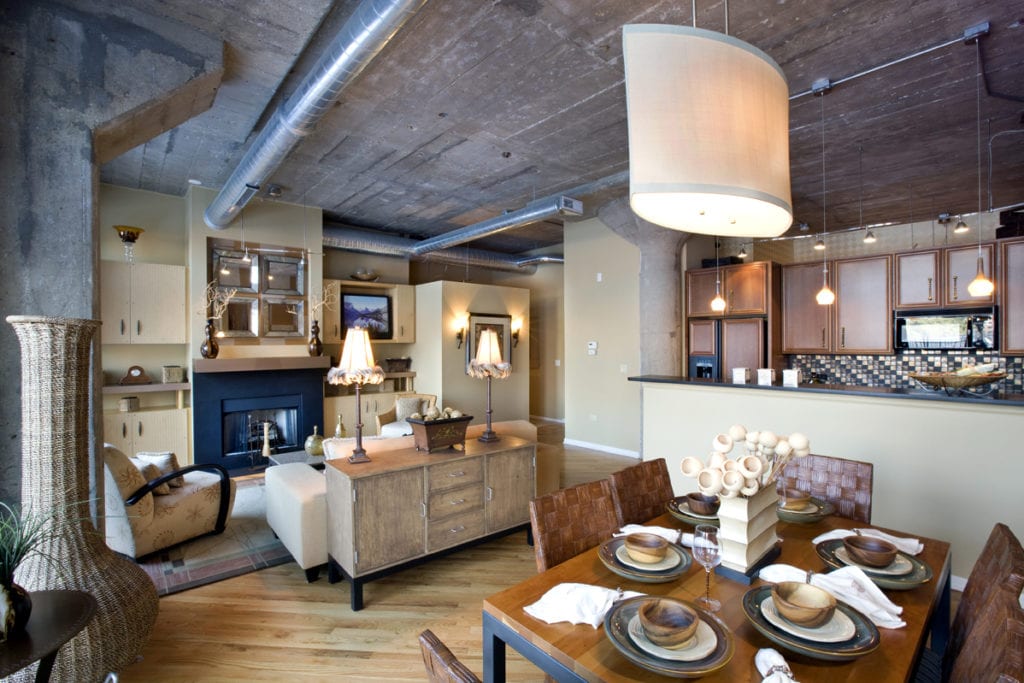
Mistakes to Avoid When Building a New Home
You’re going to build your dream home and you’ve thought it all through – or so you’ve thought. You know exactly what you need and want to have in your home, but have you thought about what you don’t want and what you don’t need? Have you really thought the whole thing through? You have given much thought and consideration to what will work for you, but have you taken the time to think about what won’t work?Poor planning and budgets that are too small can lead way to some wayward, inconvenient and disastrous mistakes.
When you plan on building a new home, you must look at the home from many angles. You must consider your current and future lifestyles. You need to take family planning into consideration – Will your family be expanding? Or will your children be leaving the nest? Do you entertain often and host overnight guests regularly? Take your time and do your research both online and in person.
Be sure to take the time to meet with professionals in the industry. Poor design choices can make your home not only uncomfortable, but downright unhealthy. Architects, engineers and builders are all trained to help you make effective decisions. They will help guide you as to where you can save a few dollars and where you absolutely should not cut corners. If you aren’t building but are selling your home
Pay attention to your HVAC system.
Poor planning here can lead to issues with moisture and terrible mold growth. This can lend itself to great health concerns. Furthermore, careful attention should be given to the size of your units. Models that are too small will be underperforming and won’t cool and heat your home efficiently. You’ll come to regret this when your home is too cool in the wintertime and not cool enough during the hot summer months. Conversely those that are too large will utilize too much energy.
Poor Space Planning
Unless you have plans to build a very large home, space planning and design is crucial. Ample storage is necessary, but pay attention to where you place your storage space. Does the master bedroom really need an oversized walk-in closet when the space could potentially be added to your bedroom or master bath? Pay attention to where you place your closets. There should be one in each bedroom and in a main hallway. But too many and the storage space takes away from the living space

Guiding you to your new home
Homes can design and build your home to fit your specific needs and wants, whether it is on your lot, one of ours, or a lot that one of our highly trained real estate professionals can help you find.
Building Consultation
First we listen. The initial meeting is a time for you and a Homes representative to go over your wants and needs. Next, we will help you understand your options, as well as gather information and share some suggestions on locations, sites available, floor plans, and general pricing.
Proposal Meeting
Based on the Building Consultation, this meeting is to review the proposed package which includes a house plan, home site, location, and initial price
Site Plan Meeting
During the site plan meeting, you will be meeting our project manager. This meeting’s purpose is to determine house placement, and go over any other details regarding the excavation and digging
Purchase Agreement
Once you and Homes have generally agreed upon a house plan, location, and base price, the next step is to write the offer to purchase. A builder deposit will be required to finalize this agreement.

Consumer Code for Home Builders
The Consumer Code for Home Builders (the Code) is an industry-led scheme which gives protection and rights to the purchasers of new homes, ensuring that new home buyers are treated fairly and are fully informed about their purchase before and after they sign the contract.
the other home warranty bodies who support the scheme, agree to comply with the Code requirements. The Code benefits both home builders and buyers by aiming to improve on the already high levels of customer satisfaction and therefore enhancing the reputation of the industry.
Code approved by Chartered Trading Standards Institute
The Consumer Code is now a fully approved code sponsor after completing the CTSI Consumer Codes Approval Scheme (CCAS) process. Home building is one of the largest industries ever covered by a CTSI approved Code, and has undergone particularly robust scrutiny as a result.
Being a CTSI code sponsor gives home buyers added confidence that the Code is robust and meets the high expectations set by CTSI. In order to secure CTSI approval, the Code was independently examined by experienced auditors who were looking for evidence that the Code can influence and raise standards across its membership; monitor compliance and has appropriate measures to respond where non-compliance is found; that there is access to an independent dispute resolution scheme for any complaints raised with a member that isn’t resolved; and that the Code can keep pace with changing market and industry practices and expectations





